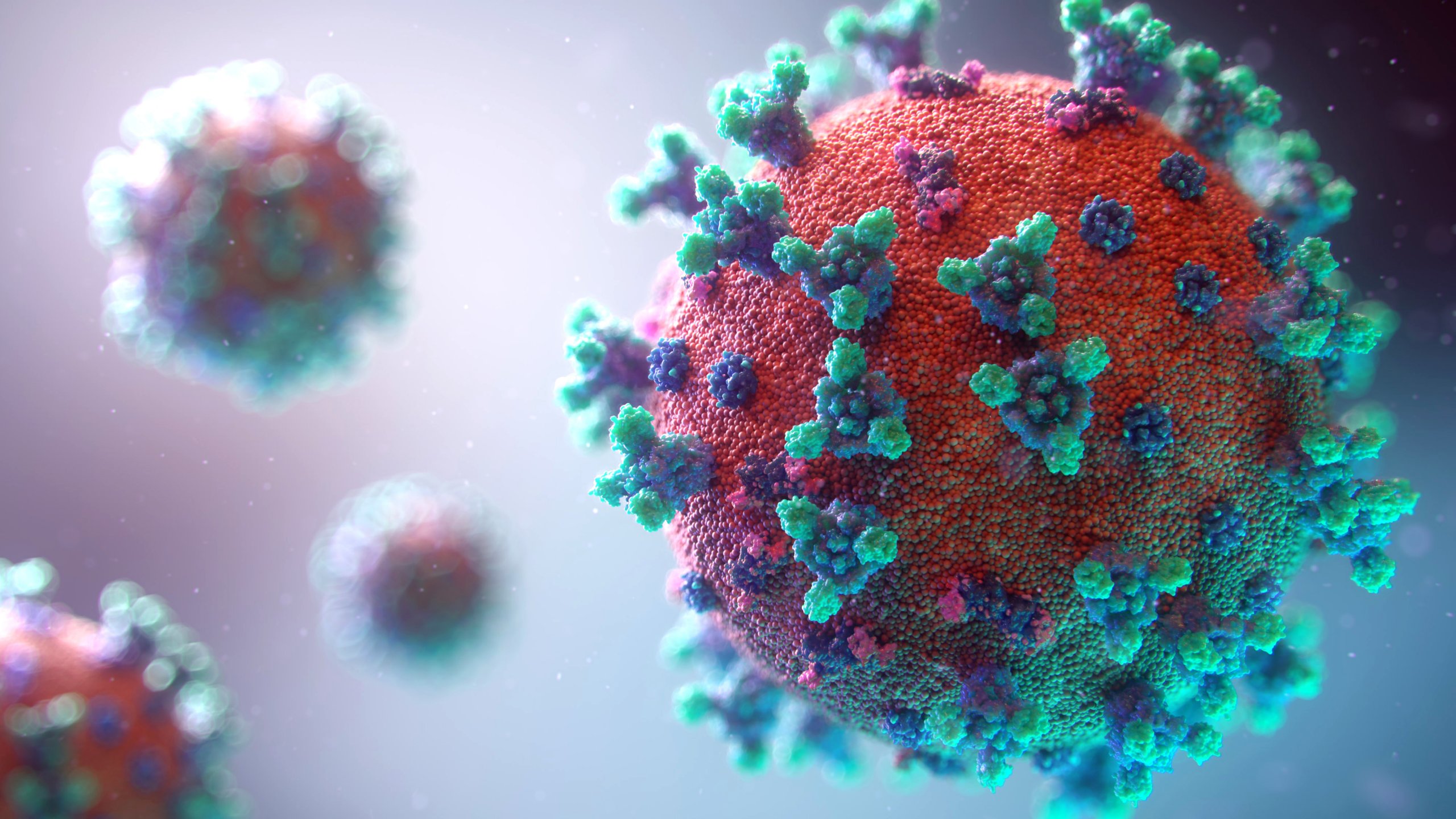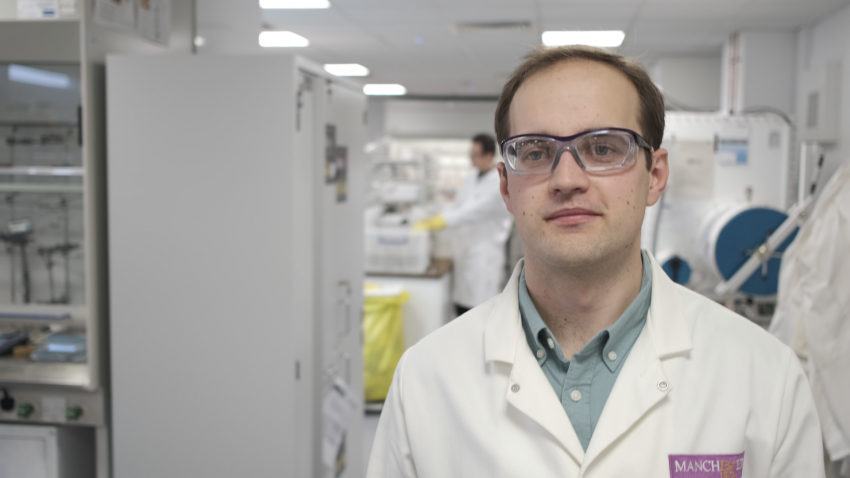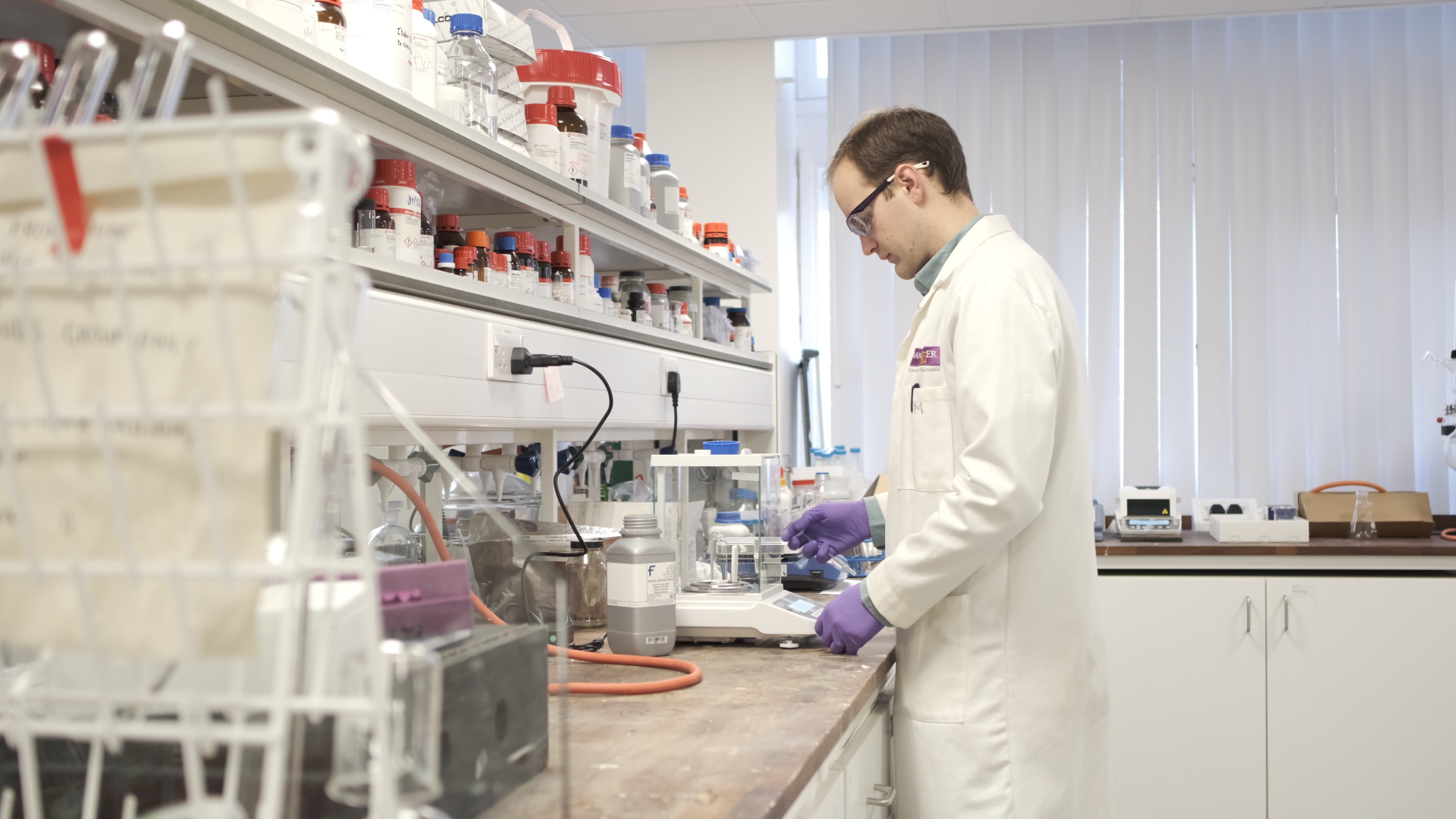Kills Killer Viruses
With the devastating effects of the Covid-19 pandemic still being felt around the globe, there is an ever-greater need for antiviral protection.
Broad-spectrum antiviral agents have the potential to destroy a wide range of viruses and can be used in a wide variety of applications beyond drug modalities. This new platform technology is suitable for incorporation into antiviral coatings and could therefore transform the practice of sterilisation forever.
Of the top 20 causes of epidemics between 2011 and 2017, 14 were caused by a virus. Wellcome Trust estimates that epidemics cost the world $60,000,000,000 a year. The extent of the problem of viral epidemics is particularly apparent right now as we live through the SARS-COV-2 Covid-19 pandemic.

Kills Covid19 virus
The best approach to prevent viral infections is through vaccination, although effective vaccines for viruses can be elusive or expensive to produce, especially at short notice (e.g. during a pandemic). After viral infection occurs the only treatment option is to provide drugs which support the immune system to combat the virus and prevent its transmission.
However, specific antiviral treatments are lacking for most viruses and antiviral resistance is an ever-present problem with existing antiviral drugs. Of the 220 known human viruses only 9 have an approved drug and around 20 have an approved vaccine.
Most current therapeutics inhibit viruses through a viristatic mechanism i.e. binding to the host cell receptors or viral ligands to reduce cell-virus interactions. However, this binding mechanism is reversible and upon dilution (such as in the blood stream), the drug can be released from the virus. As there is no permanent inactivation of the virus, it is free to infect and replicate again.
Viricidal drugs are not a new concept but most in development have been shown to be cytotoxic so are not suitable for clinical use.

Inventor, Dr Sam Jones of The University of Manchester.
Our Solution
Viricidal drugs have an irreversible effect on a virus. By destroying or irreversibly damaging the virus they not only prevent infection but also prevent antiviral resistance as the destroyed viruses cannot replicate.
We have developed a new range of viricidal materials which, from our preliminary data are anticipated to be biocompatible. These materials are cheap and simple to make, due to the easy availability of the starting materials. The synthetic process is simple so scalability should not be an issue for larger scale production.
These materials have been proven to be effective against a range of HSPG binding viruses such as, Coronaviruses, HIV, HSV, RSV, Zika, Ebola. Of particular note, these materials have been tested by Public Health England and have proven to be effective against SARS-CoV-2.
Technology Features Include:
• Broad spectrum activity, not specific to one virus. Will kill any HSPG binding virus.
• Expected to be non-cytotoxic (waiting for full toxicity data on these materials)
• The viricidal mode of action of these materials kills viruses before they can replicate, thereby minimising the risk of anti-viral resistance developing.
• Based on easily scalable, low cost materials.
• Effective in-vitro at low concentrations (pico-molar efficacies)
• Based on highly versatile materials meaning this technology is not just limited to drug modalities. It is possible to incorporate these materials into cleaning products, coatings and textiles.




